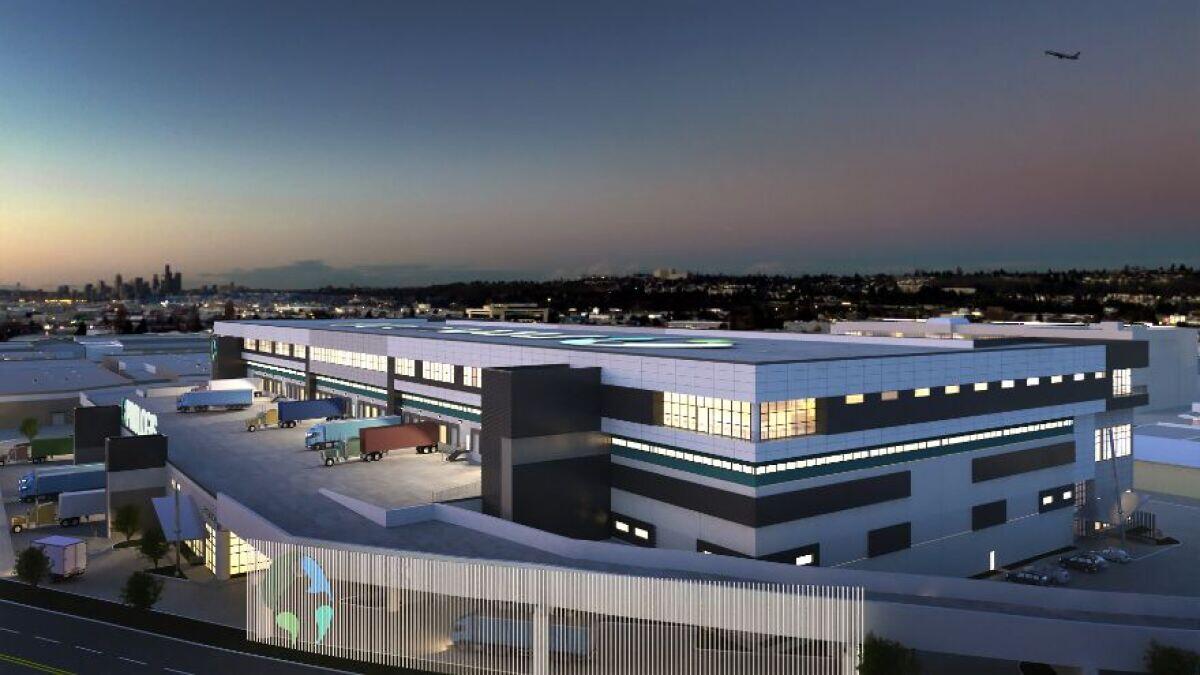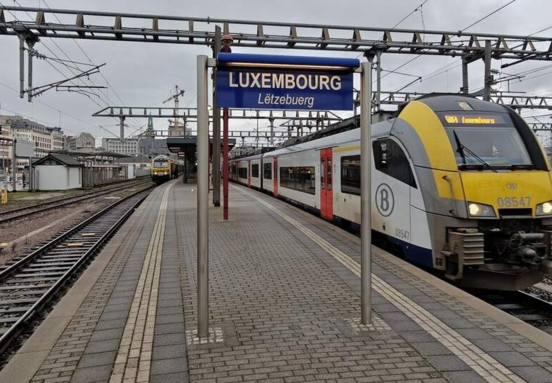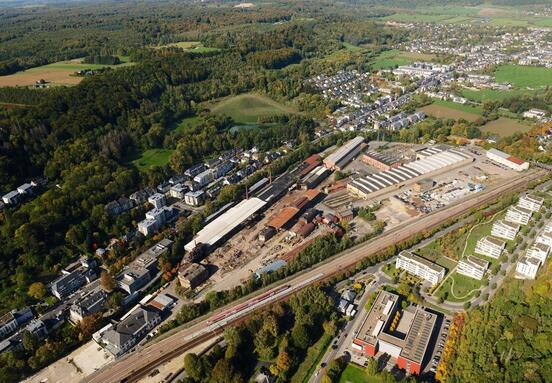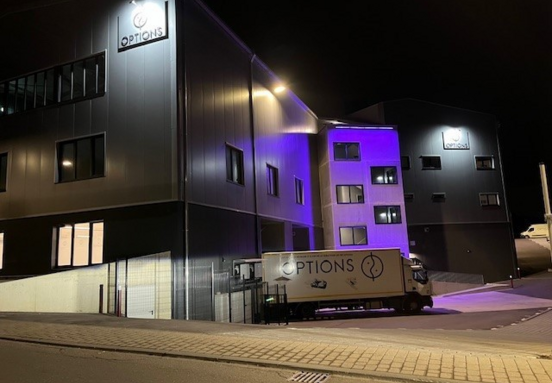The rise of dark stores in Luxembourg's urban landscape
Luxembourg's real estate market is undergoing a significant transformation, largely due to the emergence of "dark stores." These urban warehouses, fueled by the explosive growth of e-commerce and the surging demand for rapid urban deliveries, are rapidly proliferating across the cityscape.
Formerly traditional commercial or industrial premises are increasingly being converted into these logistics hubs, shifting the urban landscape from public-facing storefronts to closed spaces dedicated to order preparation and dispatch.
Understanding the impact on commercial real estate
Pressure on prices and availability
The proliferation of dark stores is intensifying pressure on commercial real estate prices, particularly in central and attractive areas. The escalating demand for proximity logistics spaces means that businesses seeking warehouse or commercial properties may encounter higher rental costs and purchase prices.
While residential prices are influenced by broader market dynamics, the local scarcity of commercial surfaces, exacerbated by dark store demand, can indirectly impact surrounding property values.
Reshaping commercial space availability
Dark stores are occupying valuable surfaces that were once dedicated to traditional retail or other public-facing uses. This conversion reduces the overall availability of visible, street-level commercial premises, potentially affecting the commercial vitality and diversity of certain neighborhoods. Businesses looking for traditional retail storefronts may find their options more limited, while those seeking urban logistics solutions face increased competition for suitable locations.
Opportunities for businesses in a changing market
Despite the challenges, the rise of dark stores also presents distinct opportunities. For Small and Medium-sized Enterprises (SMEs), there are increased options for flexible storage and logistics solutions that cater to modern delivery demands. This phenomenon also stimulates the creation of local jobs in urban logistics and last-mile transport.
For property owners and investors, there's a growing opportunity to re-evaluate and repurpose strategically located properties for last-mile logistics, driving demand for new real estate services such as short-term rentals and shared warehouse spaces, and encouraging the modernization of existing property stock.
Navigating the challenges of urban logistics
Zoning and regulatory considerations
The rapid growth of dark stores poses significant challenges, particularly concerning urban planning and zoning. Land scarcity in Luxembourg's densely populated areas creates competition with housing and traditional commerce. Local authorities are actively grappling with the need to reconsider existing zoning rules, sparking discussions about the legitimacy of these logistics centers in areas historically reserved for retail or residential use. New regulations are emerging to manage their integration and mitigate potential nuisances.
Community and infrastructure adaptation
Increased urban logistics activities bring concerns about social acceptability, including noise, heightened vehicle traffic, and the need for robust infrastructure adaptation. Municipal regulations regarding operating hours, night logistics, and delivery vehicle traffic are often limited, creating potential friction with residents. Businesses considering such locations must factor in these community and infrastructure challenges.
Luxembourg's unique position in e-commerce growth
Luxembourg's high internet penetration, robust purchasing power, strategic geographic position within Europe, and strong public support for digitalization create a fertile ground for e-commerce expansion. This environment directly fuels the demand for dark stores, intensifying the scarcity and rental costs of urban logistics spaces.
Both public and private investments are actively supporting this transformation, including the development of automated distribution centers and greener logistics solutions, further cementing Luxembourg's role as a key logistics hub in the digital economy.
Source: cyriljarnias.com







